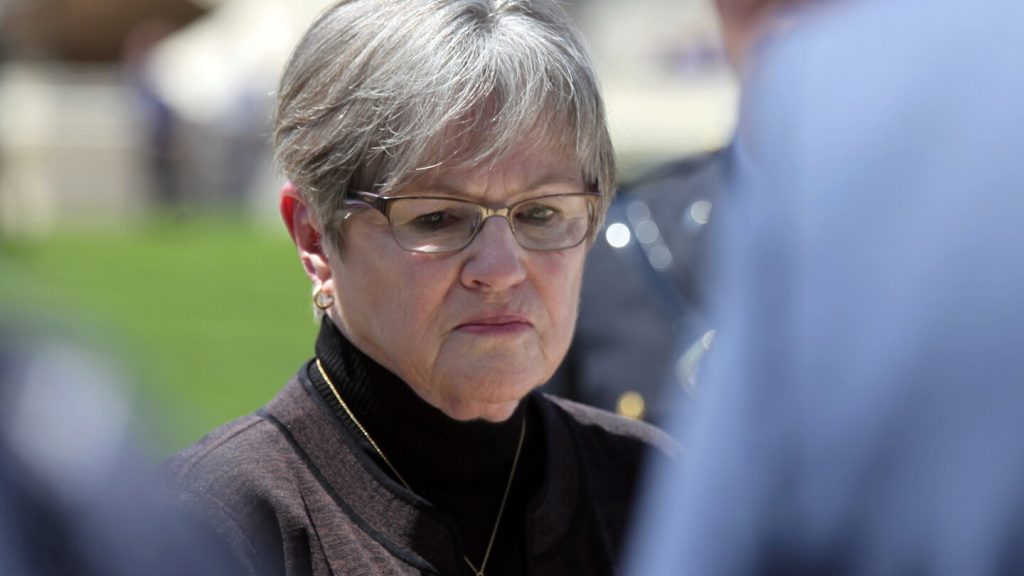Critics of the bill argued that it was a move by anti-abortion groups to give fetuses the same rights as pregnant women. Governor Kelly, a strong supporter of abortion rights, vetoed the bill, calling it a blatant attempt by extreme lawmakers to control women and families’ private medical decisions. The measure was similar to a Georgia law and measures introduced in other states, aimed at ensuring that child support payments cover fetuses. However, Kelly emphasized that Kansans had already made it clear they did not want lawmakers involved in personal matters.
The Republican-controlled Kansas Legislature has consistently passed measures backed by anti-abortion groups, overriding Kelly’s vetoes on multiple occasions. Lobbyists for anti-abortion groups expressed disappointment in Kelly’s decision to veto the child support bill, arguing that it was important for women in difficult situations to have potential for additional child support. Although legislators cannot consider overriding the latest veto due to the adjournment of the annual session, they could pass another version during a special session that Kelly has promised to call on cutting taxes.
Under the vetoed bill, judges would have been required to consider direct medical and pregnancy-related expenses of the mother before a child’s birth, back to conception, in setting child support payments. This approach raised concerns among abortion rights advocates nationally, especially following an Alabama Supreme Court ruling that declared frozen embryos could be considered children under state laws. Despite existing laws in Kansas that provide legal protections to fetuses, such as laws against crimes committed against fetuses, the state does not enforce limits on abortion based on the interests of unborn children, as laid out in a 2013 law.
Supporters of the child support bill argued that it was necessary to ensure that the costs associated with a pregnancy and birth are covered and that Kansas has a history of granting legal protections to fetuses. The bill aimed to extend these protections to child support payments and provide additional assistance to pregnant women. However, with Governor Kelly’s veto, the fate of the bill remains uncertain, as legislators are unable to override the veto and must wait for a potential special session to pass a new version of the bill. As the debate over abortion rights and fetal rights continues to unfold in Kansas, the role of lawmakers and courts in determining the rights of pregnant women and fetuses remains a contentious issue.


